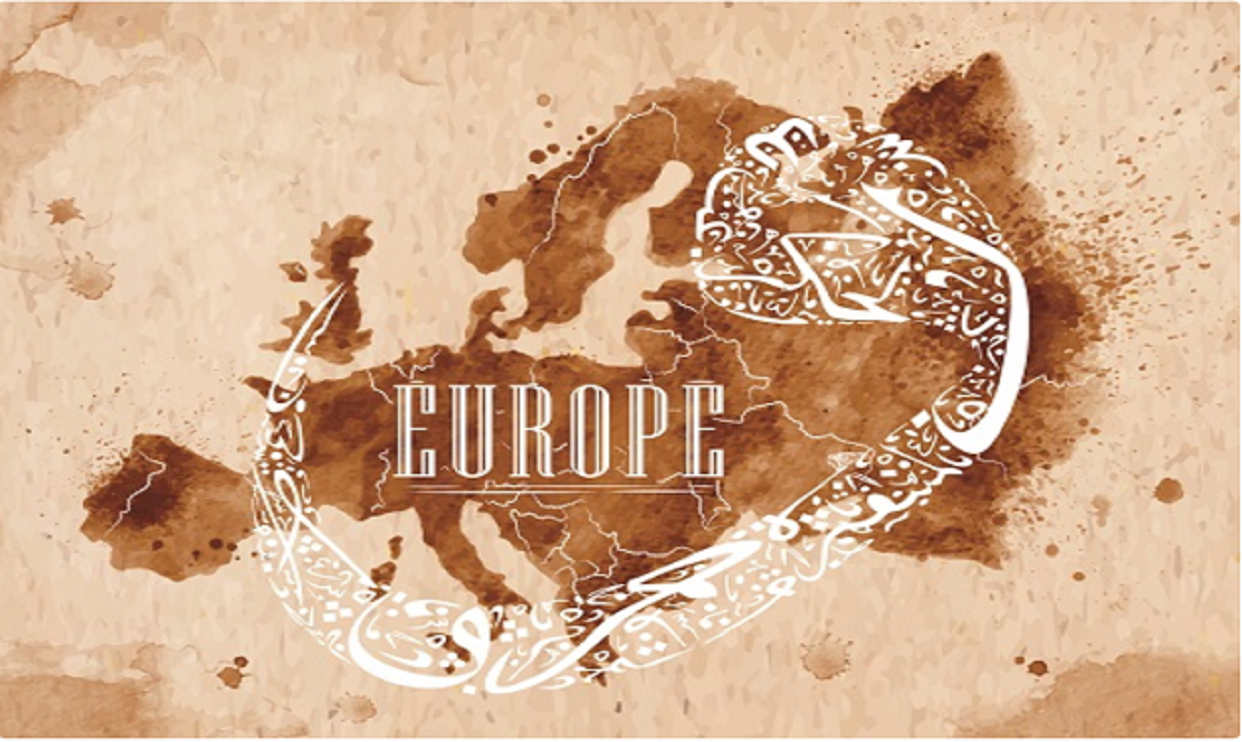1,931 عدد المشاهدات
If we ponder some of the names of proper nouns and items frequently used, we will find them ambiguous and difficult to interpret or to trace their origin. Like many names, we find the famous name “Moza” among the obscure words that we hardly know about, yet it is one of the most beautiful and popular names for women in the Gulf States.
What is the origin of this name? Is it written “Moza” or “Mozah”? Who were the most famous women named “Moza”?
Wrong interpretation
Moza is a standard Arabic name that ends in “a”. It is found in Arabic dictionaries, and it is not non-Arabic name as some people claim. Almaany online dictionary also claims that the name Moza is of an Indian origin that means slim body, and this is a groundless mistake. In fact, the Indians have the name Maza that has other meanings in their dictionaries.
The word “muzaj” (a type of open shoe), “mawazej” is the plural form, was also found in Arabic, and was originated from the Persian word “Muza”. Given that “muzaj” is a Persian word meaning shoe, do you think the Arabs will name their daughters “Moza” with such a meaning?!
Thus, “Moza” is a standard Arabic name that has its roots in the Arabic language. Surprisingly, the name “Moza” is famous across many families in the world; it is a name for men, women and families. According to names Statistics, the UAE is on the top list of giving this name, followed by the United States of America, while many may wonder why it is widespread across the world particularly in Romania.
Throughout our research into the origin of giving this name to men, we found it in the Torah given to the son of Caleb the Jewish and the son of Zimri. When we searched for the meaning of “moza” in the Torah, we found that it meant the fountain. It also refers to the name of Moses, and this is why men were given this name since ancient times.
“Moza” is a girl’s name widely spread in America, Latin America, Spain and many other European countries. In Spanish, “Moza” means attractive and pretty girl, which explains its popularity in these countries.
Researches also show that the name “Moza” is also widespread in the Arabian Gulf. Some people explained the meaning of “Moza” as (precious pearls), such as the names “Hessa and Hasbaa”. Actually, this interpretation is incorrect and has no origin. Moreover, it is prevalent in folk poetry to compare women body to a banana trunk (Arabic word for banana is pronounced Mawz) despite the fact that most of the old poets had never seen a banana tree.
As a poet I personally did not like this juxtaposition between the name “Moza” and a banana trunk. Would Arabs name their daughters after banana, apple or pear trees?!
The most accurate derivation
As we continue searching, we find also in the Egyptian dialect the word “Muzza” which means “beautiful girl”. This word is found in Arabic dictionaries and it used to mean fine wine in the days of Al Jahiliyyah. The word “Moza” in the Egyptian dialect changed to become “Muzza”, where the light “u” sound changed to be “o”. Consequently, the name “Muzza”, meaning wine, was eventually transformed into “Moza”.
This name became popular after the end of the sixth century AH. The popularity of the name has increased greatly after the end of the eighth century AH. At that period, Moza bint Ajlan was the daughter of the prince of the city, and she got married to Sharif Hassan bin Ajlan. Moza gave birth to Sharif Barakat bin Hassan bin Ajlan, the famous ancestor of the eminent Ashraf (noblemen) of Mecca. Sharif Hassan also gave his daughter the name of his mother “Moza”. From that time on, this name became popular and frequently used, thus it has nothing to do with pearls, Hindi or Torah as some people presumed. Many famed ladies were given this name, including the famous, respected Omani lady Moza bint Imam Ahmad bin Saeed al-Busaidiyya, born in the 18th century. The name has spread throughout the Arabian Gulf, especially in the UAE and Oman, and it has become one of the favorite names still given to many daughters by their families





